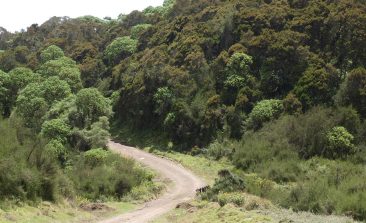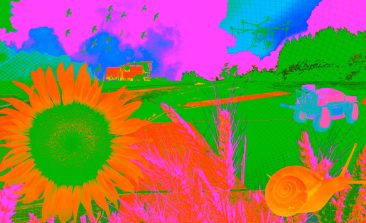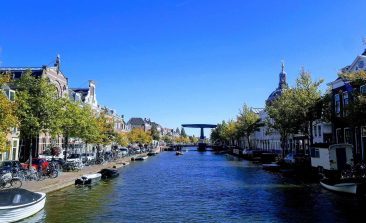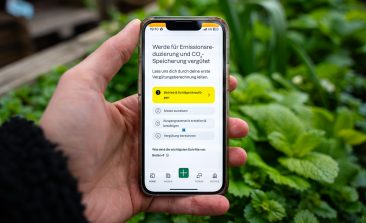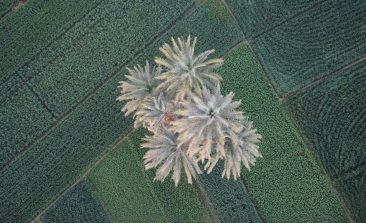Jazamiti: Kenya’s Digital Leap Towards 15 Billion New Trees
With the help of the Jazamiti app, Kenyans can select and plant trees based on their ecological zones, as the country races to restore its tree cover.
Pfandgeben: Donate Bottles with Deposits to People in Need via an App
The PFANDGEBEN app helps people in need earn money through bottle refund schemes.
Identify Plants With the Flora Incognita App – And Support Important Biological Research
AI-supported plant identification app Flora Incognita provides users with the names of previously unknown plants, turning you into a citizen scientist.
Digitalisation Can Advance Sustainable Agriculture – Under Certain Conditions
Digitalisation has long since arrived in agriculture. But how do these developments contribute to environmental and climate protection? We present solutions.
Reducing Your Carbon Footprint: A How-to Guide
Discover how to reduce your carbon footprint across all areas of your lifestyle to contribute to a healthier planet.
Fish Doorbell in Utrecht: Why Thousands of People Are Waiting for Fish on the Internet
Fish live more safely in Utrecht thanks to a fish doorbell. The project not only helps fish on their migration paths, it also draws attention to the dangers of human infrastructure.
The Klim Mobile App: Making Regenerative Agriculture Simple and Lucrative
In the Klim app, farms can record their regenerative agricultural measures. In return, they get knowledge, a community and funds to support their work.
Data Instead of Guesswork: The Great Potential of Agricultural Monitoring
Using digital methods, researchers from Egypt have succeeded in calculating the soil quality of huge areas with 32 random samples. The project shows how important monitoring is for agriculture.
Edible Electronics: Reducing Electronic Waste With Digestible Robots and Nutritious Drones
Ever heard of edible electronics? Sounds like a contradiction in terms, but it could be a solution to reducing electronic waste, among other benefits.
